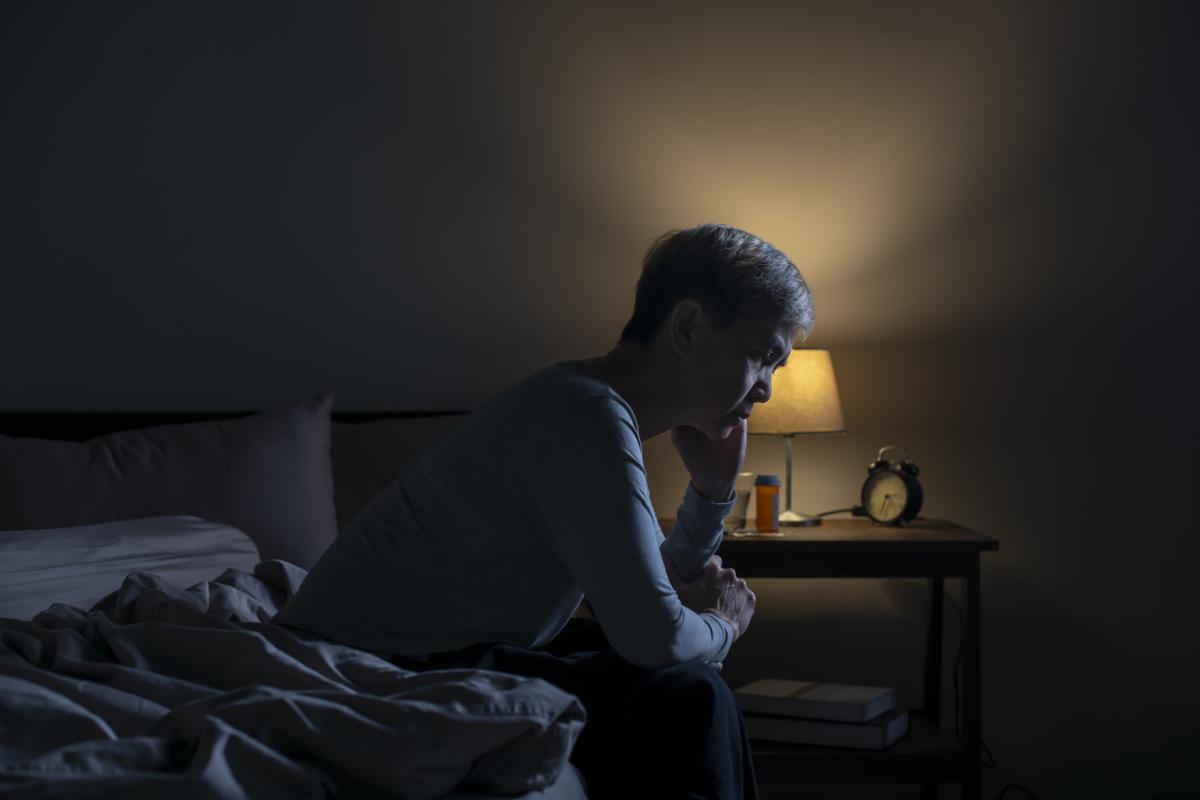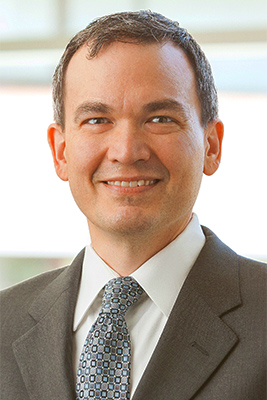Is sleep eluding you? Our home sleep study can help


If sleep is eluding you, you are not alone. Trouble sleeping is one of the top complaints doctors hear from their patients.
Sleep, diet and exercise are the three pillars of good health. There’s not an aspect of your health that doesn’t get better when you get adequate, good-quality sleep.
Sleep is important to both our physical and mental health. Sleep can help our bodies heal from injury and illness and can contribute to improved memory, alertness and mood. Chronic sleep loss on the other hand, may not only worsen age-related conditions such as diabetes, hypertension, obesity and memory loss, but can increase stress, reduce productivity, impair learning and contribute to weight gain.
The average adult needs between seven to eight and one-half hours of sleep a night. If you are always tired, have trouble falling asleep or staying asleep, snore or stop breathing during your sleep, or you need sleep aids, you should be evaluated by one of our sleep specialists to find out why. Most sleep problems can be attributed to an underlying cause. It’s important to discuss your sleep concerns with your physician, as many sleep disorders are treatable.
Our sleep specialists can help you find out why. Call us at 800.922.0000 to schedule an appointment.
And don’t jump on the medication bandwagon. Medications are typically a quick fix that just mask the real problem.
Obstructive sleep apnea is the most common sleep breathing disorder. It occurs when the throat muscles relax during sleep, causing your airway to become narrowed or blocked. This causes brief and frequent arousals from sleep throughout the night as your brain wakes you briefly so that you will resume breathing again.
It has been estimated that up to 20 to 30 percent of the population may have obstructive sleep apnea, but 90 percent of those people don’t realize they have it. It’s often the partner that brings it to their attention.
Untreated sleep apnea can lead to serious health issues. It has been linked to high blood pressure, heart rhythm problems, heart attacks, strokes, diabetic control issues, Alzheimer’s disease, decreased seizure threshold and exacerbation of chronic pain issues.
Getting evaluated for obstructive sleep apnea can now be done in the comfort of your own home. We’ll want to see you in our clinic first for an evaluation. If we suspect you may have obstructive sleep apnea, we will likely recommend a home sleep apnea test (HSAT) as a first-line evaluation method.
The test requires you to wear a finger probe that measures oxygen levels, a belt that goes around the chest to measure the effort of breathing, and a sensor under the nose to measure airflow. This data is then evaluated and interpreted by a sleep medicine specialist.
Depending on the results of the test, further evaluation may be required with an in-lab study. The sleep lab at Nebraska Medical Center is accredited by the American Academy of Sleep Medicine. The overnight sleep study (polysomnogram) records much more information than the HSAT and allows for a more thorough evaluation of sleep issues. Sleep parameters measured include heart rate, brain activity, breathing patterns, arm and leg movements and blood-oxygen levels.
Our Sleep Disorders Center is staffed by medical experts specially trained and certified to diagnose and treat multiple sleep disorders to help get you back on the road to a good night’s sleep. After your evaluation, we will follow up with you and work with you to resolve or manage your sleep issue.




